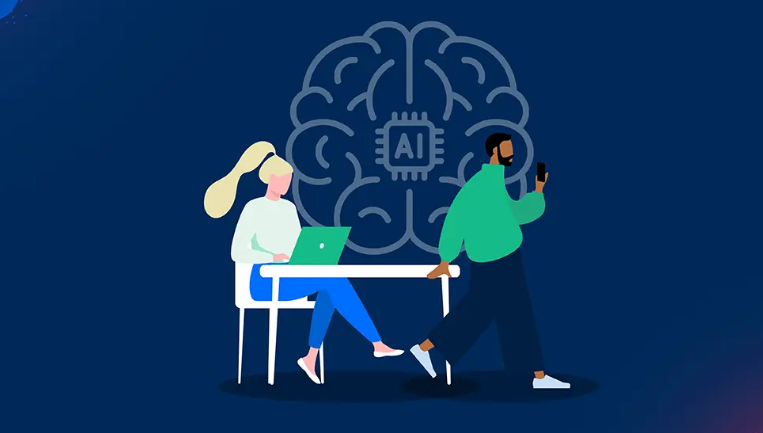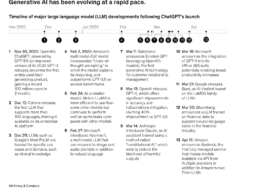health transformation institute (HTI)
Joaquim Cardoso MSc
February 10, 2023
What is the Message:
Similar to how spreadsheets revolutionized data management and analysis, generative AI has the potential to automate tasks, increase productivity, and reshape the job market.
Examining the lessons learned from the adoption of spreadsheets can inform our understanding of the opportunities and challenges presented by generative AI.
Examples and Statistics:
The introduction of VisiCalc, the first digital spreadsheet, disrupted traditional accounting methods by automating tedious tasks, leading to increased productivity and job transformation rather than job loss.
Despite concerns about automation, the number of accountants and auditors in the US grew significantly from 1980 to 2022, indicating that technology augmentation rather than replacement occurred.
Early experiments with generative AI, such as chatbots assisting tech-support workers, show promise in enhancing productivity, particularly for less skilled staff.

Conclusions and Recommendations:
The experience with spreadsheets suggests that generative AI has the potential to empower workers, automate mundane tasks, and create new job opportunities.
However, caution is warranted regarding the pace of technological change and the need for proper implementation and oversight.
Learning from past misuse of spreadsheets, it’s crucial to ensure proper training, safeguards, and quality control measures when integrating generative AI into workflows.
Overall, embracing the lessons from the spreadsheet era can help navigate the future implications of generative AI effectively.
Source — Financial Times, “What the birth of the spreadsheet can teach us about generative AI”












